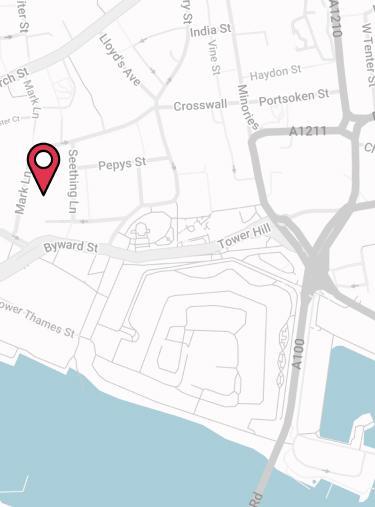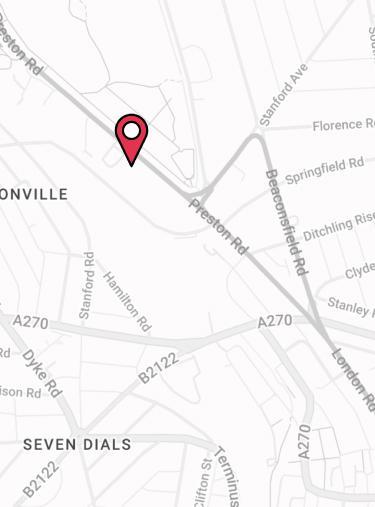What Are My Chances of Becoming Seriously Sick?
Although it isn't very pleasant to think about, deep down we all wonder what the real chances of becoming seriously ill are. It is very easy to fall back on to the old thought of 'it won't happen to me', but what does the data really suggest the chances are?
Why care?
Okay, so why bother thinking about the risk of illness in the first place? This is easy to answer. Working for Health (March, 2010), report that if you've been off work sick for six months, you have an 80 per cent chance of being off work for 5 years1. In fact, in April to June 2010, of the people who left their last job within the previous 12 months, 11.2 per cent reported that it was due to ill-health2. With this in mind, it is vital to protect ourselves financially, just in case. Support from the government, in the form of the Employment and Support Allowance (ESA), currently stands at just £95.15 per week (as of April 2011). Even obtaining this basic state benefit can be tough though, with only 22 per cent of claims between October 2008 and May 2010 being accepted2. In this light, the private insurance market is the only real means of protection.
What are the chances?
National Statistics show there were over 1 million new claims for the state's Employment and Support Allowance (ESA) received between October 2008 and May 20103. Of this total, over 344,000 claims were due to mental and behavioural disorders and over 137,000 claims were for musculoskeletal system and connective tissue disorders, with these two conditions representing the largest causes for claims. With regards to other illnesses, research from leading UK charities indicate the following:
-
- Cancer - approximately 298,000 people are diagnosed with cancer each year, which equates to nearly 1 case for every 200 people in the UK (Cancer Research UK4);
-
- Heart Attack - there around 124,000 heart attacks each year and around 1.5 million people living in the UK who have had a heart attack (British Heart Foundation5);
-
- Stroke - every year an estimated 150,000 people in the UK have a stroke, with about a third likely to be left disabled and needing rehabilitation (The Stroke Association6);
What can I do about it?
Naturally, it is common knowledge that exercising regularly and eating a healthy diet can significantly reduce the risk of illness. However, illness can still strike at any time or age and it makes sense to protect ourselves financially for the worst case scenario. Although it is possible to take out an accident and sickness insurance plan to cover lost earnings, these policies can only payout for a maximum of 12 months and thus provide limited protection for serious illnesses. The most comprehensive option comes in the form of a long-term income protection insurance policy. These plans can payout every month either until you are well enough to return to work or you reach to end of the policy life, which is usually set in-line with your expected retirement age. Tom Conner, head of protection at Drewberry Income Protection, says, "For low-risk jobs an 'own occupation' incapacity definition can be used, meaning that the plan could payout for practically any medical condition that prevents someone from working in their own job. To highlight this, the main exclusion usually relates to self-inflicted illness or injury".
Other protection options
It is also wise to consider taking out a critical illness plan which would payout a lump-sum upon the diagnosis of a serious illness or injury specified in the plan. All plans cover serious cancers, heart attacks and strokes, along with serious physical injuries. The lump-sum payout can be used to make home modifications (such as a stair lift) and cover other one-off costs associated with incapacity. It is popular for this type of policy to be taken out with life insurance to cover a mortgage loan. In order to receive the very best healthcare and avoid potentially long NHS waiting lists should illness strike, there is also the option of taking out individual or family medical insurance. This type of cover would pay for the cost of private healthcare should you come ill.
- Topics
- Income Protection
Contact Us
125-135 Preston Road
Brighton
BN1 6AF
Cookies
Drewberry™ uses cookies to offer you the best experience online. By continuing to use our website you agree to the use of cookies including for ad personalization.
If you would like to know more about cookies and how to manage them please view our privacy & cookie policy.









